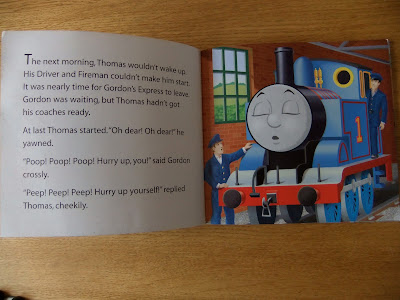A client recently asked an
interesting question about whether we should use “with” or “to” when
making a comparison.
I was sure that both could
apply and I know that I have used both instinctively at different times but I
was not certain why. Armed with a Shakespeare quote, my own rule has always
been to use “compared to” and “in contrast with”, which is actually a
handy way of sidestepping the issue (always a good idea with grammar if you’re
not 100% sure).
While both are acceptable,
this, it turns out, is actually the main point of difference and it all depends
on the context.
Generally, we should use:
“compared to”
when highlighting the similarities between things
“compared with”
when pointing
out the differences
While I had no doubt that
Shakespeare got it right, the reason he did was because he was saying that
his love was like a Summer’s day. Had
he wanted to say that, in contrast with summer’s day, his love was as miserable
as Winter, he could have used “with”.
I’m glad he didn’t, though, as that would have made for a far less romantic
sonnet.
(By the way, in case you're wondering why summer and winter have capital letters in some instances above, it's because they are personified, but that's another day's work!)













